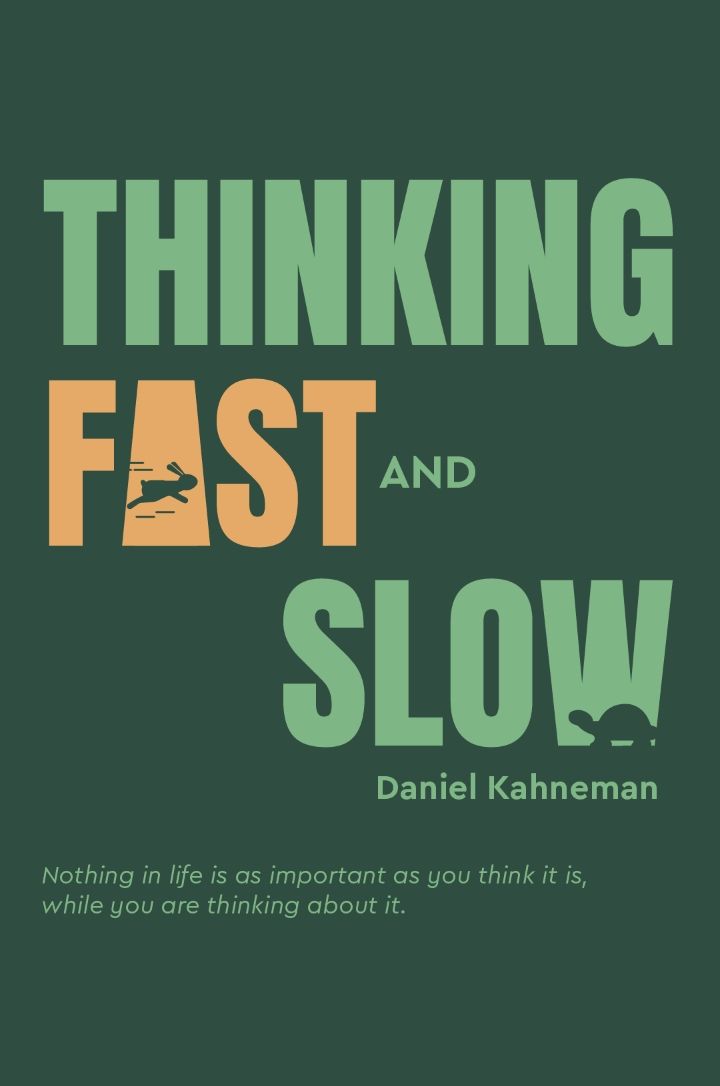The burden of proof lies with those making extraordinary claims from "summary" of The God Delusion - by Richard Dawkins by Instaread
According to Richard Dawkins, when someone makes an extraordinary claim, it is their responsibility to provide evidence to support that claim. This is a fundamental principle of scientific inquiry. In the absence of evidence, there is no reason to believe in the truth of the claim. The burden of proof, therefore, lies with those who are making the extraordinary assertion. This principle applies to all claims, but it is particularly relevant when it comes to religious beliefs. Many religious claims are extraordinary in nature, involving supernatural beings and events that defy the laws of nature. In the absence of concrete evidence, there is no reason to accept these claims as true. Dawkins argues that religious believers often try to shift the burden of proof onto non-believers, claiming that they cannot disprove the existence of a deity. However, this is a fallacious argument. The onus is on the believer to provide evidence for their claim, not on the skeptic to disprove it. In the absence of evidence, Dawkins advocates for a default position of skepticism. This does not mean outright rejection of all claims, but rather a withholding of belief until sufficient evidence is presented. This is the essence of critical thinking and rational inquiry. By holding those making extraordinary claims to a higher standard of evidence, we can ensure that our beliefs are based on reason and evidence rather than superstition and blind faith. This principle is essential for the advancement of knowledge and the pursuit of truth.Similar Posts
Engaging in reflective thinking can enhance cognitive awareness
Reflective thinking involves taking the time to contemplate and analyze our own thoughts and actions. By engaging in reflective...

Establish healthy boundaries
Establishing healthy boundaries is crucial for maintaining our mental and emotional well-being. When we set boundaries, we are...
Custom and habit influence our beliefs
In the course of our daily lives, we are constantly bombarded with a multitude of sensations and experiences. These impressions...

Harnessing the strengths of System 1 and System 2 is essential
In order to make effective decisions, it is crucial to understand the strengths and limitations of both System 1 and System 2. ...
The age of the Earth
The age of the Earth is a concept that has intrigued scientists for centuries. Through the use of various scientific methods, r...
Religion is rooted in superstition and ignorance
The idea that religion is rooted in superstition and ignorance is a central theme in the book. Dawkins argues that religion is ...

Atheism is not a belief system
Atheism is not a belief system. It is not a worldview, a philosophy, or a faith. It is simply a lack of belief in gods. This di...
The use of scientific methods
Scientific methods are the tools we use to find out about the world. They are the ways we discover truths about reality. These ...
The idea of a creator is unnecessary to explain the universe
Richard Dawkins argues that the concept of a creator is superfluous when attempting to explain the universe. According to Dawki...
